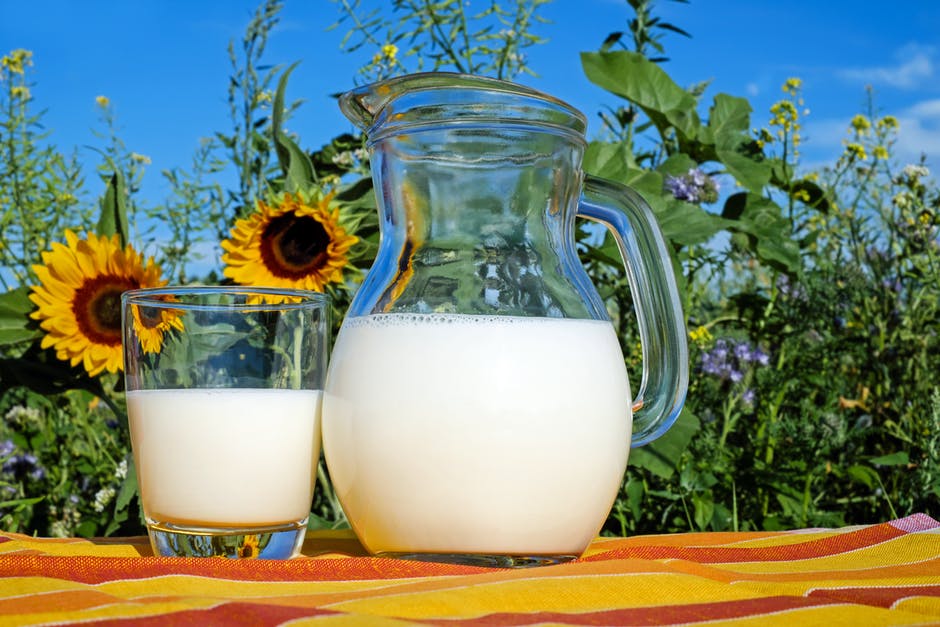
Many older adults are at an increased risk of vitamin deficiencies for several reasons. Vitamins and minerals are integral to optimum health. Vitamin deficiency in older adults can be attributed to decrease in the body’s ability to absorb essential nutrients because of age. It increases the risk for illnesses such as osteoporosis, heart disease, asthma, multiple sclerosis, and even some forms of cancer. A vitamin that older adults are more deficient in during the winter months is vitamin D which can be attributed to their lack of exposure to direct sunlight. Seniors tend to spend most of their time indoors during these icy, snowy months. Lack of sunlight results in less vitamin D production in the body.
If you have senior family members suffering from mobility or memory issues, it is advisable to go for assisted living care and support. The award-winning Anthem Senior Living in Phoenix, AZ is one of the leading assisted living Anthem care providers in the region. Schedule a visit and decide for yourself.
The Office of Dietary Supplements at the National Institutes of Health and The Institute of Medicine suggest 600 international units (IU) of Vitamin D per day for children and adults up to the age of 70 and 800 international units per day for adults over the age of 70. Some physicians believe 1,000 IUs a day should be the target for older adults for optimum bone health.
Symptoms:
It can be difficult in recognizing vitamin D deficiency in older adults as the symptoms are so vague that they are often overlooked or mistaken for something else. Symptoms include
You can consult your doctor regarding the matter who’ll most likely order a simple blood test to make the determination. The physician will likely recommend either an over-the-counter supplement or a higher prescription dosage if the results show a deficiency. He or she may also recommend a prescription dose of vitamin D which depends upon how deficient the senior person is.
Seniors hardly spend time in the sun during winters thus hardly getting a natural dose of vitamin D. These tips can help seniors get the vitamin D they need during the winter months:
Seafood Consumption– Seniors who are vitamin D deficient should first observe their diets to see if any changes need to be made. Incorporating seafood can prove to be highly beneficial as it is an excellent source of vitamin D with some of the healthiest seafood choices being oysters, halibut, shrimp, and cod. Moreover, fresh fish can easily be found throughout the year. Salmon offers 988 international units (IU) of vitamin D per serving.
Light Therapy– Although light therapy has gained immense popularity, seniors should first speak with their doctors to learn more about the pros and cons of this technology. These lights can increase production of vitamin D but should only be used for a few minutes at a time as the average adult only needs to spend 5 minutes in front of a UV lamp to produce enough vitamin D for the day.
Supplements- It can be beneficial for seniors to take an additional vitamin D supplement, so they do not become deficient in this vital nutrient during winters. Adults over age 71 can reduce the risk of osteoporosis, cardiovascular disease, and other common medical issues by consuming around 800 IU of vitamin D per day.
At Anthem Senior Living in AZ, we have a beautiful suite available that is fully furnished, jack-n-jill bathroom adjacent. You’re more than welcome to use our furnishings or bring your own.
If you are in the search for a quality assisted living home or adult care home in Anthem Arizona, Anthem Senior Living may be among your favorites, see what others have said about our assisted living home.